




university of georgia symphony orchestra and combined choirs
grant us peace


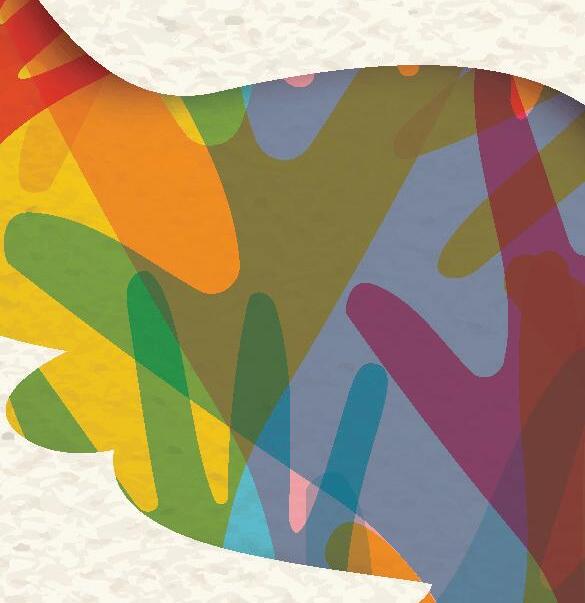

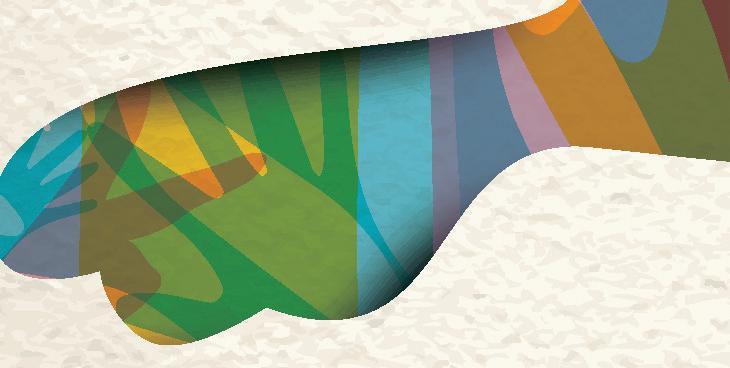

ralph vaughan williams over 300 student musicians
by
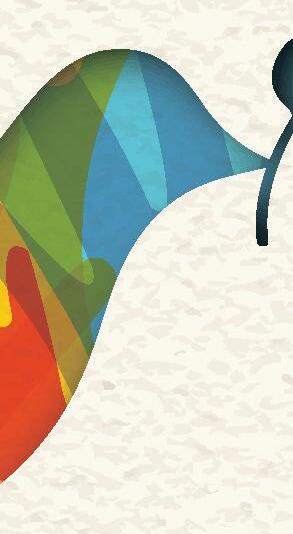


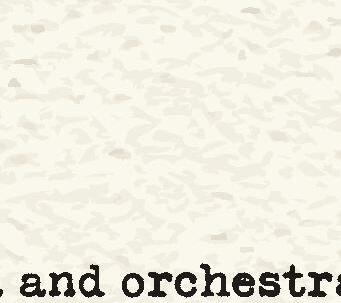
plus: sinfonia concertante for violin, viola and orchestra
by w. a. mozart, featuring michael heald, violin, and maggie snyder, viola
friday, april 26 at 7:30 p.m.


hodgson concert hall uga performing arts center, 230 river rd, athens, ga
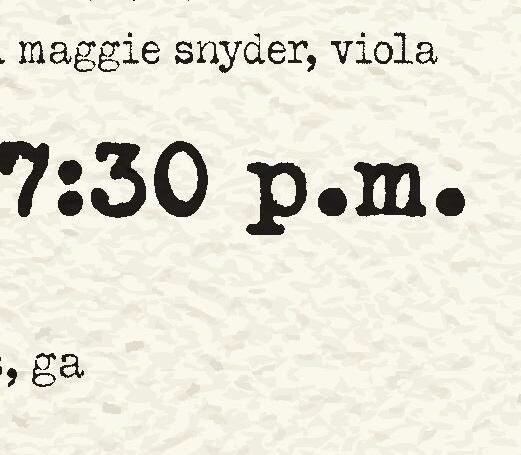
 composed
composed
University of Georgia Symphony Orchestra
Mark Cedel, conductor
University of Georgia Hodgson Singers
Daniel Bara, conductor
University of Georgia Men and Women’s Glee Club
University of Georgia University Chorus
Sarah Frook Gallo, conductor
Friday, April 26, 2024 at 7:30 p.m.
Hugh Hodgson Concert Hall
UGA Performing Arts Center
Sinfonia Concertante in E Flat for violin, viola, K.364
I. Allegro
II. Andante
III. Presto
Michael Heald, violin, Maggie Snyder, viola
INTERMISSION
I. Agnus Dei
II. Beat! Beat! Drums!
III. Reconciliation
IV. Dirge For Two Veterans
V. The Angel of Death
VI. O Man Greatly Beloved
Lauren LaBarre, soprano, Joshua Wagner, baritone
I. Agnus Dei
Text and Translations (Latin Mass)
Agnus Dei qui tollis peccata mundi, Dona nobis pacem
II. Beat! Beat! Drums!
Text (Walt Whitman):
Beat! beat! drums! – blow! bugles! blow!
Through the windows – through the doors – burst like a ruthless force,
Into the solemn church, and scatter the congregation,
Into the school where the scholar is studying;
Lamb of God, that takest away the sins of the world, Grant us thy peace.
Leave not the bridegroom quiet – no happiness must he have now with his bride,
Nor the peaceful farmer any peace, ploughing his field, or gathering in his grain,
So fierce you whirr and pound you drums – so shrill you bugles blow.
Beat! beat! drums! – blow! bugles! blow!
Over the traffic of cities – over the rumble of wheels in the streets;
Are beds prepared for the sleepers at night in the houses? No sleepers must sleep in those beds,
No bargainers’ bargains by day – would they continue?
Would the talkers be talking? would the singer attempt to sing?
Then rattle quicker, heavier drums – you bugles wilder blow.
Beat! beat! drums! – blow! bugles! blow!
Make no parley – stop for no expostulation,
Mind not the timid – mind not the weeper or prayer,
Mind not the old man beseeching the young man,
Let not the child’s voice be heard, nor the mother’s entreaties,
Make even the trestles to shake the dead where they lie awaiting the hearses,
So strong you thump O terrible drums – so loud you bugles blow.
III. Reconciliation
Text (Walt Whitman):
Word over all, beautiful as the sky, Beautiful that war and all its deeds of carnage must in time be utterly lost,
That the hands of the sisters Death and Night incessantly, softly, wash again and ever again this soiled world;
Text (Walt Whitman):
The last sunbeam
Lightly falls from the finished Sabbath, On the pavement here, and there beyond it is looking Down a new-made double grave.
Lo, the moon ascending, Up from the east the silvery round moon, Beautiful over the house-tops, ghastly, phantom moon, Immense and silent moon.
I see a sad procession, And I hear the sound of coming full-keyed bugles, All the channels of the city streets they’re flooding As with voices and with tears.
I hear the great drums pounding, And the small drums steady whirring, And every blow of the great convulsive drums Strikes me through and through.
For the son is brought with the father, In the foremost ranks of the fierce assault they fell, Two veterans, son and father, dropped together, And the double grave awaits them.
For my enemy is dead, a man divine as myself is dead,
I look where he lies white-faced and still in the coffin – I draw near,
Bend down and touch lightly with my lips the white face in the coffin.
Now nearer blow the bugles, And the drums strike more convulsive, And the daylight o’er the pavement quite has faded,
And the strong dead-march enwraps me.
In the eastern sky-up buoying, The sorrowful vast phantom moves illumined, ‘Tis some mother’s large transparent face, In heaven brighter growing.
O strong dead-march you please me!
O moon immense with your silvery face you soothe me!
O my soldiers twain! O my veterans passing to burial!
What I have I also give you.
The moon gives you light, And the bugles and the drums give you music, And my heart, O my soldiers, my veterans, My heart gives you love.
The Angel of Death has been abroad throughout the land; you may almost hear the beating of his wings. There is no one as of old….. to sprinkle with blood the lintel and the two side-posts of our doors, that he may spare and pass on.
John BrightDona nobis pacem.
We looked for peace, but no good came; and for a time of health, and behold trouble!
The snorting of his horses was heard from Dan; the whole land trembled at the sound of the neighing of his strong ones; for they are come, and have devoured the land….. and those that dwell therein…..
The harvest is past, the summer is ended, and we are not saved….
Is there no balm in Gilead?; is there no physician there? Why then is not the health of the daughter of my people recovered?
Jeremiah 8: 15-22
‘O man greatly beloved, fear not, peace be unto thee, be strong, yea, be strong.’
Daniel 10: 19
‘The glory of this latter house shall be greater than of the former…. and in this place will I give peace.’
Haggai 2: 9
‘Nation shall not lift up a sword against nation, neither shall they learn war any more. And none shall make them afraid, neither the sword go through their land. Mercy and truth are met together; righteousness and peace have kissed each other. Truth shall spring out of the earth, and righteousness shall look down from heaven. Open to me the gates of righteousness, I will go into them.
Let all the nations be gathered together, and let the people be assembled; and let them hear, and say, it is the truth.
And it shall come, that I will gather all nations and tongues. And they shall come and see my glory. And I will set a sign among them, and they shall declare my glory among the nations.
For as the new heavens and the new earth, which I will make, shall remain before me, so shall your seed and your name remain for ever.’
Glory to God in the highest, and on earth peace, good-will toward men.
(Adapted from Micah 4: 3, Leviticus 26: 6, Psalms 85: 10, and 118: 19, Isaiah 43: 9, and 66: 18-22, and Luke 2: 14)
Ralph Vaughan Williams’ choral/orchestral work, Dona Nobis Pacem, stands as a powerful and poignant testament to the composer’s deep humanity and his unwavering commitment to peace. Composed in 1936, against the backdrop of rising political tensions and the looming threat of another world war, the piece is a plea for peace and understanding in a world torn apart by conflict and strife. It was premiered by the Huddersfield Choral Society on October 2, 1936, conducted by Albert Coates. Vaughan Williams, arguably among the most influential and important British composers of the 20th century and a pupil of several compositional giants of the earlier generation, including Hubert Parry, Charles Stanford, and Maurice Ravel, had by that time served as the editor of the English Hymnal (1906) and composed landmark staples of the repertoire including A Sea Symphony (1909), Fantasia on a Theme of Thomas Tallis (1910) and A London Symphony (1914). Of significance to this work, he volunteered for military service during World War I as he was approaching the age of 40, driving ambulance wagons in France and Greece as a private in the Royal Army Medical Corps. The title of the work and the recurring pleas throughout the work, “Dona nobis pacem,” Latin for “Grant Us Peace”, is sung by choir and soloist alternately with urgency and distress as well as calm reassurance, and suggests the precariousness of mankind’s ability to remain in a state of peace. The progression of six movements, many of which seamlessly progress into the next, explore different aspects of war, peace, and the human experience. Most of the English text of work is by the great American transcendental poet, Walt Whitman (1819-1892). The opening movement commences with a solemn and prayerful invocation for peace. The music is haunting and introspective, with the choir, soprano soloist, and orchestra weaving a tapestry of sound that evokes a sense of longing and yearning. The second movement, “Beat! Beat! Drums!”, offers stark contrast. The music is aggressive and relentless, capturing and grotesquely extolling the chaos, human price, and brutality of war. The relentlessness of the pounding rhythms and dissonant harmonies create a sense of urgency and unease. “Reconciliation,” which follows, offers hope amidst the darkness of war with music that is consoling and lyrical. Here the baritone soloist and choir sing of forgiveness and redemption in some of the most beautiful and intimate music of the entire work.
The fourth movement, “Dirge for Two Veterans,” is a poignant and compelling reflection on the cost of war as it describes the funeral procession to the double grave of father and son soldiers killed in battle. This powerful centerpiece of the work is both somber, grandiose, and reflective, with the choir mourning the loss of life and the futility of conflict. The inexorable drive of the funeral march, the haunting melodies, and the rich poetic imagery evoke a sense of grief and loss that is deeply moving. The fifth movement, “The Angel of Death,” is a meditation on the horror and devastation of war. Based on texts by John Bright and the booksof Jeremiah from the Old Testament, the music is dark and foreboding, with the choir and soloists bitterly singing of death and destruction and war’s hopeless despair and unanswered prayers. The dissonant harmonies and unsettling rhythms create a sense of dread, underscoring the tragic consequences of violence and conflict. The baritone soloist heroically ushers in a sense of hope as the final movement begins, suggesting that a rebuilt world will be greater than the former and will be a place peace. Adapted from several Biblical texts, this exuberant and joyous movement builds to a powerful climax, with the voices rising in a triumphant cry for good will toward humankind. The piece ends on a
hopeful note with the return of the soprano soloist offering the final, unaccompanied iterations of “pacem.” In “Dona Nobis Pacem,” Vaughan Williams has created a work of profound beauty and emotional depth. Since its premiere, it has remained a staple in the choral/orchestral repertory, and is a favorite of singers and audiences alike for its beauty, drama, and poetic message.
Sinfonia Concertante in E-Flat Major for Violin and Viola, K. 364 (32’) scored for: two oboes, two horns, strings, solo violin and solo viola.
In 1779, Mozart was working under Archbishop Colloredo in Salzburg, and the composer felt chained and imprisoned to make music. Mozart’s recent tour around Mannheim and Paris gave him a new perspective and started experimenting with the genre, Sinfonia Concertante. These works combined elements of both symphonies and concertos. Later, it could be called a double concerto for violin and viola. The soloists’ dialogue is an animated conversation that ranges through a series of topics and moods, each soloist contributing equally to the musical flow.
The Sinfonia Concertante is in three movements, adhering to the conventional fast-slow-fast structure of the Classical period. The first movement is characterized by its spirited opening theme presented by the orchestra, the dotted rhythm referencing the rhythmic practices of the music Mozart encountered in Mannheim. Also influenced by this tour was the famous Mannheim crescendo at the end of the introduction, in effect a musical climax, as apposed terrace dynamics from the Baroque era. The second movement echoes with lamenting arias of the operatic stage. The mournful violin and the consoling viola suggest an operatic duet, and the emotional depth of the movement has been interpreted by Maynard Solomon, a musicologist, as embodying Mozart’s reaction to the recent death of his mother. The concluding third movement has a force of energy and vitality, a joyous theme sparking a lively exchange between the soloists and the orchestra. Mozart’s technique for melodic invention is apparent in the playful themes with the violin and viola taking turns to embellish and develop the material. The movement gathers momentum, building to a brilliant finale that showcases the combined talents of soloists and orchestra.
Violist Maggie Snyder is Professor of Viola at the University of Georgia, Principal Violist of the Chamber Orchestra of New York, with whom she records for Naxos, and is on the Artist-Faculty of the Brevard Music Festival. She has performed solo recitals, chamber music, concertos and as an orchestral musician throughout the United States and abroad in such halls as the Kennedy and Kauffman Centers, all three Carnegie Halls, Merkin Hall, Spivey Hall, and the Seoul Arts Center, and in the UK, Greece, Korea, and Russia. She was a semi-finalist of the 2001 Primrose International Viola Competition, made her recital debut in Weill Recital Hall at Carnegie Hall with her sister duo, Allemagnetti in 2009, and has released 4 solo recordings since 2012 on the Arabesque Label and one collaborative album on Parma. These recordings feature world premiere works commissioned from Thomas Pasatieri, Garrett Byrnes, Kamran Ince, Libby Larsen, Gabriela Lena Frank, Gity Razaz, and her next recording (2024) features commissioned works by Mary Kouyoumdjian and Tessa Lark. She has given masterclasses, clinics, and performances at universities and music schools throughout the country and abroad and has served on the faculties of West Virginia University, Ohio University, and the University of Alabama. She was the recipient of the 2018 University of Georgia’s Creative Research Medal in the Humanities and Arts, and was the 2023 Sandy Beaver Teaching award winner at UGA.
Michael Heald is currently Associate Professor of Violin at the Hugh Hodgson School of Music, University of Georgia. He primarily studied with Emanuel Hurwitz and Richard Deakin in England, and then at Michigan State University with Walter Verdehr. Michael has performed in a multitude of settings, collaborating with artists such as Peter Frankl, Joseph Lin, and Ralph Votapek in chamber music. He has performed throughout Europe and the United States as an orchestral musician, playing and recording in such orchestras as the Philharmonia, the BBC Philharmonic, and the English String Orchestra. Conductors include Simon Rattle, Yehudi Menuhin, and Valery Gergiev. He was concertmaster of both the Lansing and Jackson Symphony Orchestras, and a member of the American Sinfonietta. He recorded sonatas by Beethoven and Elgar, as well as commissioned and recorded works by Leonard Ball, both available on Arabesque. He has given master classes and clinics at national conferences and festivals, and most recently at the Royal College of Music. A career highlight was his performing The Lark Ascending for Queen Elisabeth II. He has been on the faculties of the Montecito Music Festival in California and the Wintergreen Festival in Virginia, and he currently performs at the Bellingham Festival of Music in Washington and the Hamptons Festival of Music on Long Island, New York.
Lauren LaBarre is a fourth-year undergraduate pursuing her Bachelor’s of Music in Vocal Performance. Lauren has been a part of the opera scenes program since sophomore year, and played as the lead character, Alice, in the UGA student-led and student-composed premiere of children’s opera, Down the Rabbit Hole, last fall. She has also had the privilege to sing as a soloist in oratorio selections alongside UGA’s Hodgson Singers, Repertory Singers, and University Chorus. She is incredibly excited for this opportunity and is thankful for her voice teacher Dr. Petrongelli for her guidance, the entire opera staff and her castmates for their never-ending support.
Joshua Wagner, from Alexandria, Kentucky, enjoys a versatile and collaborative musical career,
having a background as a vocalist, pianist, educator, and conductor. Joshua received the Bachelor of Music Degree in Music Education from Eastern Kentucky University (EKU) and is currently pursuing a master’s degree in Choral Conducting at the University of Georgia. As an active church musician, Joshua has experience leading music for a variety of denominations and is currently the director of music at First Christian Church of Watkinsville, and Organist/Cantor at St. Joseph Catholic Church of Athens. As a pianist, Joshua maintains an active accompanying schedule and has played for many choirs in the central Kentucky area. Joshua has performed with the EKU Jazz Ensemble and was the accompanist for the EKU Musical Theatre program.
In 2022, Joshua was selected to receive EKU’s Robert Whitt Award in Choral Excellence, and Joshua was declared the first-place winner of the EKU Barry McCauley vocal competition. Joshua has performed for notable artists like Dr. Jeremy Huw Williams, Cynthia Lawrence, Dr. Kimberly Lazzeri, Katherine Keen, Dr. Joyce Hall Wolf, and Dr. Mark Kano.
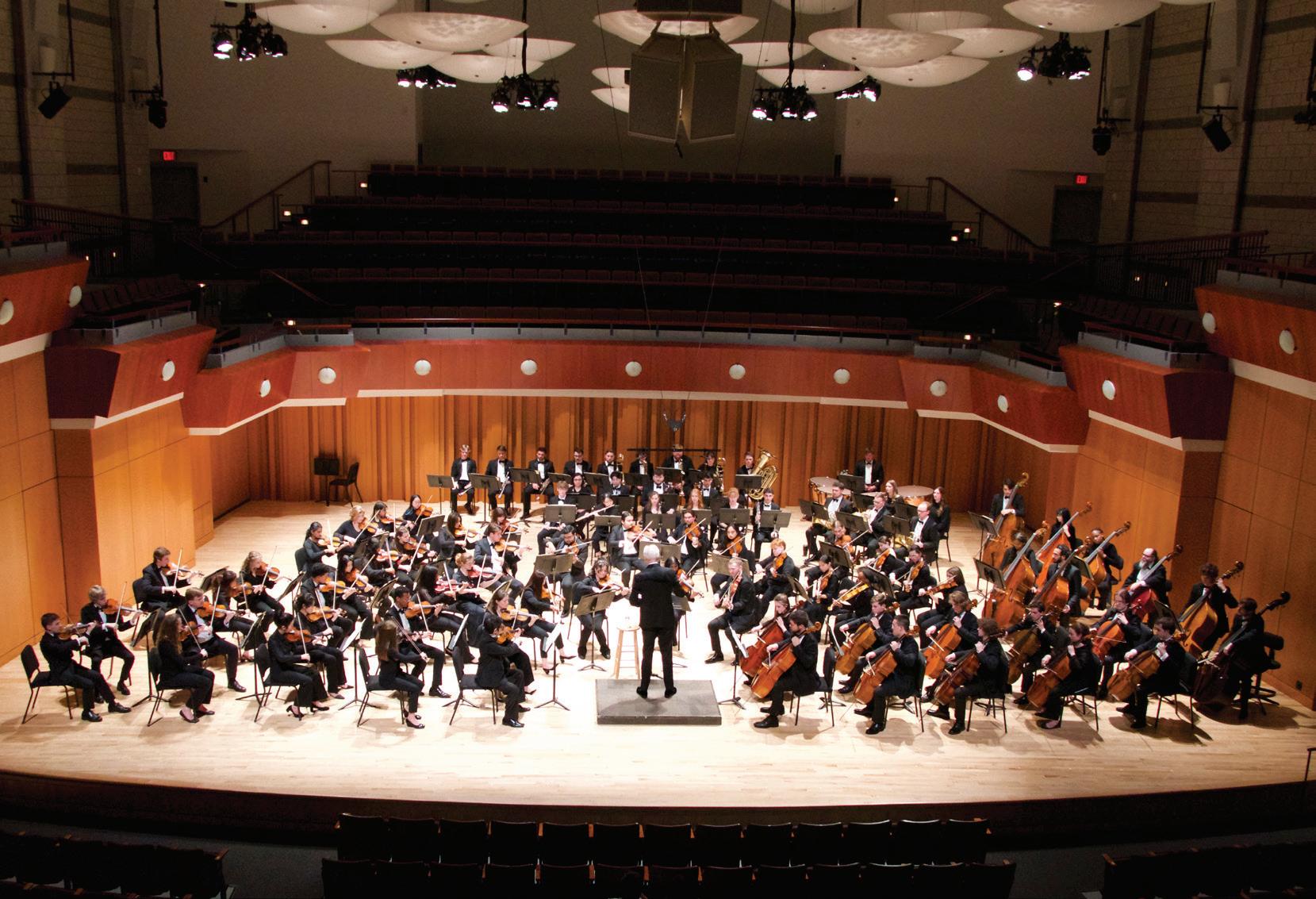
Carlos Brena, concertmaster
Molly Schneider, assistant concertmaster
Alexis Boylan
Jhonni Campos
Lyu Lian
Zeyu Yuan
Sarah Nienhiser
André Araújo de Souza
Sean Smith
Brian Roach
Adelmo Giménez
Lucas Nyman
Alicia Li
Ellis Kim
Simms Murray
Sarah Ling
Clarissa Tamara, principal
Sage Codispoti, assistant principal
Chelsea Afful
Kiera Johnson
Nicholas Olmstead
Shazan Samnani
Rebekah Kim
Rea Aiyer
Lauren McClary
Andreea Barca
Ranjani Vasudevan
Jen Edwards
Athziri Moreno-Martinez
Gianna DiMuzio
Eileen Chong
Mark Cedel, Conductor
Nicholas Han, Assistant Conductor
Bryan Johnson, principal
Nina Nagarajan, assistant principal
Kailey Ford, assistant principal
Jensi Perng
Anna Murphy
Jodie Stone
Mason Minutella
Daniel Boscan
Ashley Belcher
Clinton Stempien
Libby Zavadil
Seneca Fisher
Zachary Helms, principal
Gabriella McClellan, assistant principal
Thomas LaMon
Joshua Aderhold
Ian Koontz
Tristan Dempsey
Olivia Durrence
Charlton Hills
William Slater
Kemp McArthur
BASS
Daniel Pina, principal
Bianca Wilson, associate principal
Wueliton Zanelatto
Dal Pont, assistant principal
Austin Carter
Ricardo Karelisky
Jordan Askew
Madeleine Bower
Victor V. Costa
Yinzi Zhou, principal
Dylan Abbott
Rachel Lee, piccolo OBOE
Marissa Ankeny, principal
Gracee Myers
Brenna Sexton
Michelle Moeller
CLARINET
Sarah Christi, co-principal
Tan Charintranount, co-principal
BASSOON
Caleb Jackson, principal
Hsin Cheng
Yamilet Anariba, contra HORN
Joseph Johnson, principal
Joshua Wood
Marianna Schwark
Gracie Gambrell
Charles Dunn
TRUMPET
Jake Landau, principal
Toby Johnson
Danny Alford, principal
Benjamin Novo
Elizabeth Toles, bass trombone
TUBA
Hunter Kane
PERCUSSION
Patrick Sorah, principal
Euan Maley
William Collins
Thomas Huff
HARP
Isabel Hardy
LIBRARIAN
Molly Schneider
PERSONNEL and PRODUCTION
Ricardo Karelisky Deho
Sarah Frook Gallo, conductor
Thomas Dixon, graduate assistant
Diego Suarez, pianist
Sopano
Diana Aviña
Shari Barnes
Jackie Broadwell
Ansley Bryan
Carina Cardoso de Araujo
Sae Cenicola
Sherry Downy
Jeffery D. Fairley, II
Neha Gregory
Abigail Hallman
Celine Houenou
Charlotte Howard
Hali Jang
Jasmine Jensen
Kumiko Kashii
Jacqueline Kerr
Beata Kochut
Natalie Kramer
Rachel Yoonseo Lee
Jennifer Luo
Adelaide Mangum
Emaline Newbury
Caitlien Nguyen
Camilla Nivison
Hannah Perdue
Audrey Raynor
Eva Rivers
Stella Schroter
Angela Stewart
Emily Theisen
SJ Ursrey
Charlotte Varnum
Susan Virkler
Sarah Visser
Sung-Eun Yang
Alto
Mariah Arnold
Nora Avery
Katie Boyle
Emma Carbo
Shirley Chen
Grace Deaton
Ansley Dyer
Macey Dyer
Emma Gile
Lilia Goldberg
Marjanne Goozé
Sadie Hammond
Elise Hearn
Rhonda Herring
Maya Iyer
Elizabeth Izzo
Beth Lewis
Grace Lorys
Hanna Marston
Alexandria McConkey
Susan McLeish
Kathryn Miller
Paola Mora Galazzo
Ally Murari
Laura O’Neill
Colette Pampu
Lillie Reihing
Ashley Rutledge
Sneha Sharma
Annabel Shue
Angela Smith
Rebecca Smith
Seaton Stiles
Audrey Ta
Jenna Vidal
Beth Weigle
Karen WhelchelRedwine
Lauren Wiggins
Sandy Woods
Anna Wright
Sylveste Zimmerman
Tenor
Martin Arnade
Benjamin Burnham
Thomas Dixon
Paul Downy
Aram Gallman
David Harvey
Chris Herring
Rayvon Love
Daniel Shafer
Bass
Jayden Chong
Robert Freedman
Finnegan Howard
Patrick Humes
Aakash Joshi
Andres Matlock
Stephen Pollard
John Royal
Braden Rymer
Kostandinos
SalamanopoulosRymer
Benjamin Sharp, Calvin Stovall
Liam Taylor
Aidan Thompson
Kenny Tsao
Nathan Vazquez
Josh Wagner
Gary Weed
Dellar Weldon
Soprano I
Kait Bouman
Zaria Doss
Caroline Echols
Phoebe Feibus
Lizzie Gesner
Mia Hansen
Scarlett Oetting
Shaohanna Pace
Margaret Wilson
Sarah Frook Gallo, conductor
Rayvon Love, graduate teaching assistant
Diego Suarez, pianist
Soprano II
Eliza Gavin
Adrianna Hernandez
Abby Herring
Sarah Hickman
Laurel McFarland
Hannah Perdue
Amanda Robinson
Mikayla Schuster
Ansleigh Seay
Shayna Suddeth
Emilie Sullivan
Audrey Vasquez
Laura Weeks
Rita Zheng
Alto I
Lucy Smith Biemiller
Katie Beth Brewer
Grace Deaton
Julie Goodner
Lucy Goodwin
Lucy Kellam
Caroline Malcom
Emma Sue Mitchell
Brenna Pursley
Sydney Shankman
Danielle Vergara
Linda Williams
Alto II
Stella Babb
Kailey Bridgette
Bella Castaño
Elisa Garcia-Carreras
Alondra Hernandez-Vega
Shelby Miller
Ava Rogers
Marlee Van Mullekom
Tenor I
Cutter Hayes
Trevor Hyatt
Daniel Shafer
Sarah Frook Gallo, conductor
Joshua Wagner, graduate assistant
Haoying Wu, collaborative pianist
Tenor II
Jr Banitt
Ian Harding
Thomas Hotard
Rayvon Love
Andrew Newman
Connor Perrine
Arthur Radosavljevic
Judson Stricklin
Bass I
Bennett Brock
Benjamin Brown
Thom Dixon
Carter Hoff
Peter Kandra
William Lam
Sam Son
Jay Sureka
West Clayton
Joshua Wagner
Bass II
Cameran Butryn
Benjamin Daugherty
Jackson Hamilton
Aaron Knapp
Braden Rymer
Miller Vaughan
Sopano
Livy Baxley
Ava Bogarde
Zaria Doss
Phoebe Feibus
Victoria Goodnature
Cara Jensen
Lauren LaBarre
Joy McCarthy
Grace Ann Miller
Allessandra Sayers
Nova Senkyrick
Meera Srinivasan
Hope Unger
Audrey Vasquez
Daniel Bara, conductor
Thomas Dixon, graduate assistant
Saeram Jang, rehearsal accompanist
Alto
Maddie Alexander
Marianna Baccus
Cameron Coates
Olivia Crerie
Elle Dignam
Sarah Dudley
Nayu Kim
Ally Murari
Danielle Olivares
Lillie Sims
Taya Taylor
De’Nasia Thomas
Marlee VanMullekom
Danielle Vergara
Tenor
Zachary Andersen
Colton Carter
Noah Colwell
Aidan Eclavea
Rayvon Love
Will Pollard
Julian Riviera
Pierce Roberts
Daniel Shafer
Demetreon Wells
Bass
JR Banitt
Milo Bauman
Joshua Dixon
Thomas Dixon
Barrett Meadows
Tyler Newton
Jonas Roemer
Braden Rymer
Miller Vaughan
Josh Wagner
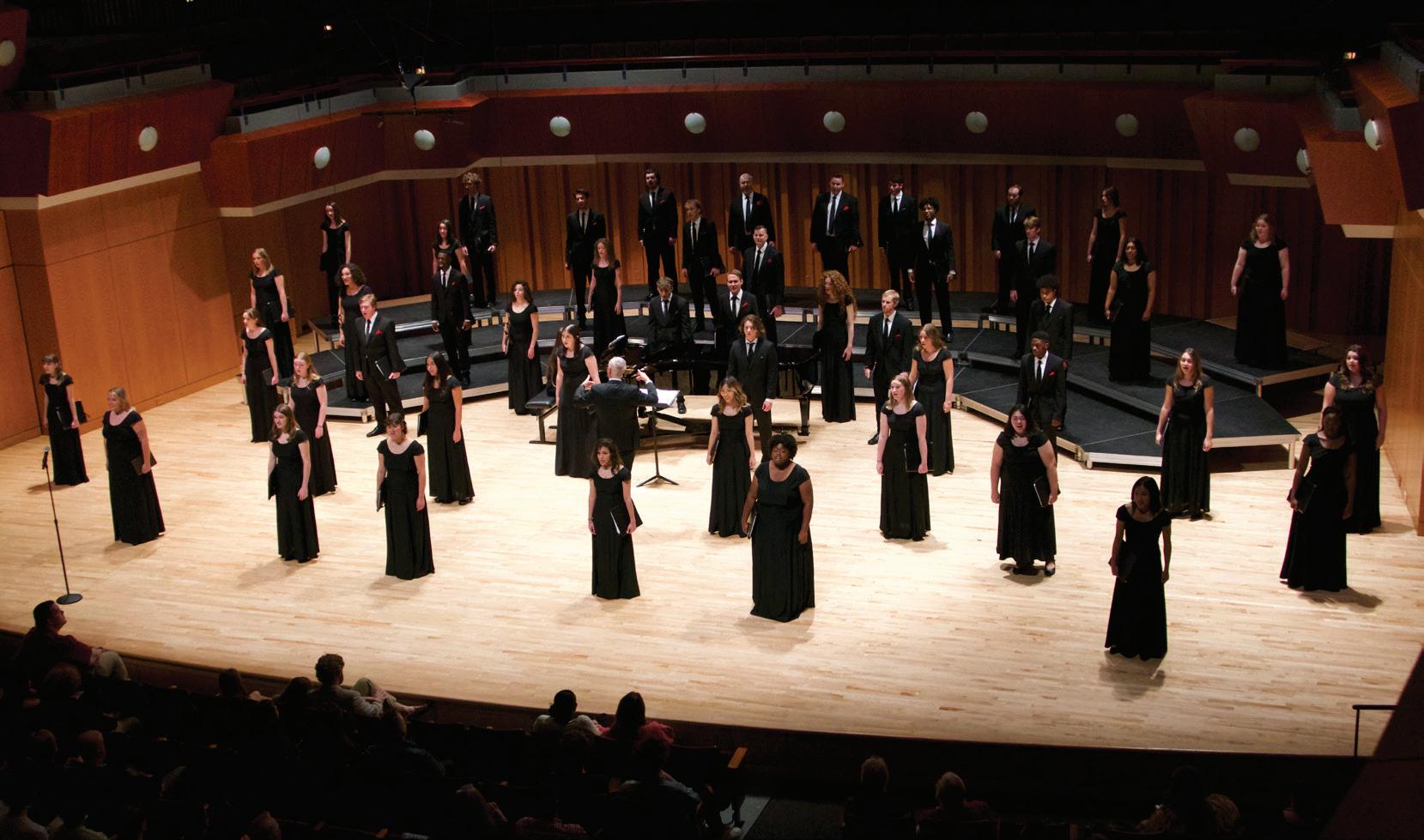 UNIVERSITY OF GEORGIA HODGSON SINGERS
The UGA Hodgson Singers performing in Hodgson Concert Hall on October 20, 2023. Photo by Shaun Baer.
UNIVERSITY OF GEORGIA HODGSON SINGERS
The UGA Hodgson Singers performing in Hodgson Concert Hall on October 20, 2023. Photo by Shaun Baer.
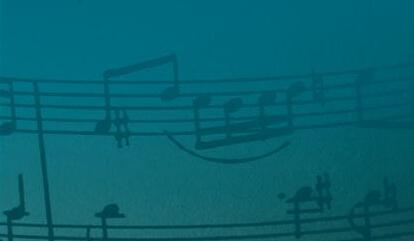

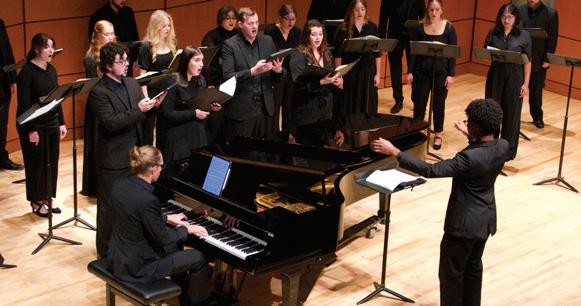
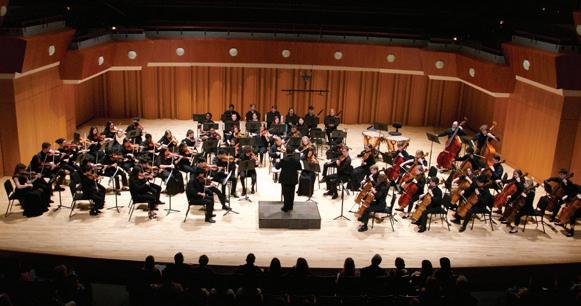
MON 4/29
3:30 p.m.
Ramsey Hall, UGA PAC
FREE CONCERT
NO TICKETS REQUIRED
MON 4/29
7:30 p.m.
Hodgson Hall, UGA PAC
FREE CONCERT
NO TICKETS REQUIRED
Scholarships and Graduate assistantships funded by donations to the Thursday Scholarship Fund make it possible for students to learn and pursue their passions at the Hugh Hodgson School of Music. Please consider a tax-deductible gift to the Thursday Scholarship Fund so we may continue to support our students and make their education possible. Scan the QR code now or reach out to Melissa Roberts at roberts@uga.edu or 706-254-2111.
In addition to our primary Support and Scholarship Funds, many specialized areas of interest, including our orchestra and choral programs, have support and scholarship funds you can contribute to directly. You can now learn more about all the ways and areas you can support the Hugh Hodgson School of Music. Scan the QR code or visit music.uga.edu/giving-and-alumni to the support the Hugh Hodgson School of Music area of your choice.
Gifts of all amounts are greatly appreciated. However, annual giving at the $1,500 level and higher provides membership in the Director’s Circle, our Hugh Hodgson School of Music Honor Roll. Director’s Circle members are invited to exclusive events and performances throughout the academic year.
For large gifts, please contact Melissa Roberts at roberts@uga.edu or 706-254-2111.
THANK YOU FOR YOUR CONTINUED SUPPORT OF THE UNIVERSITY OF GEORGIA HUGH HODGSON SCHOOL OF MUSIC.
Thom Dixon & Rayvon Love, conductors Nicholas Han, conductor
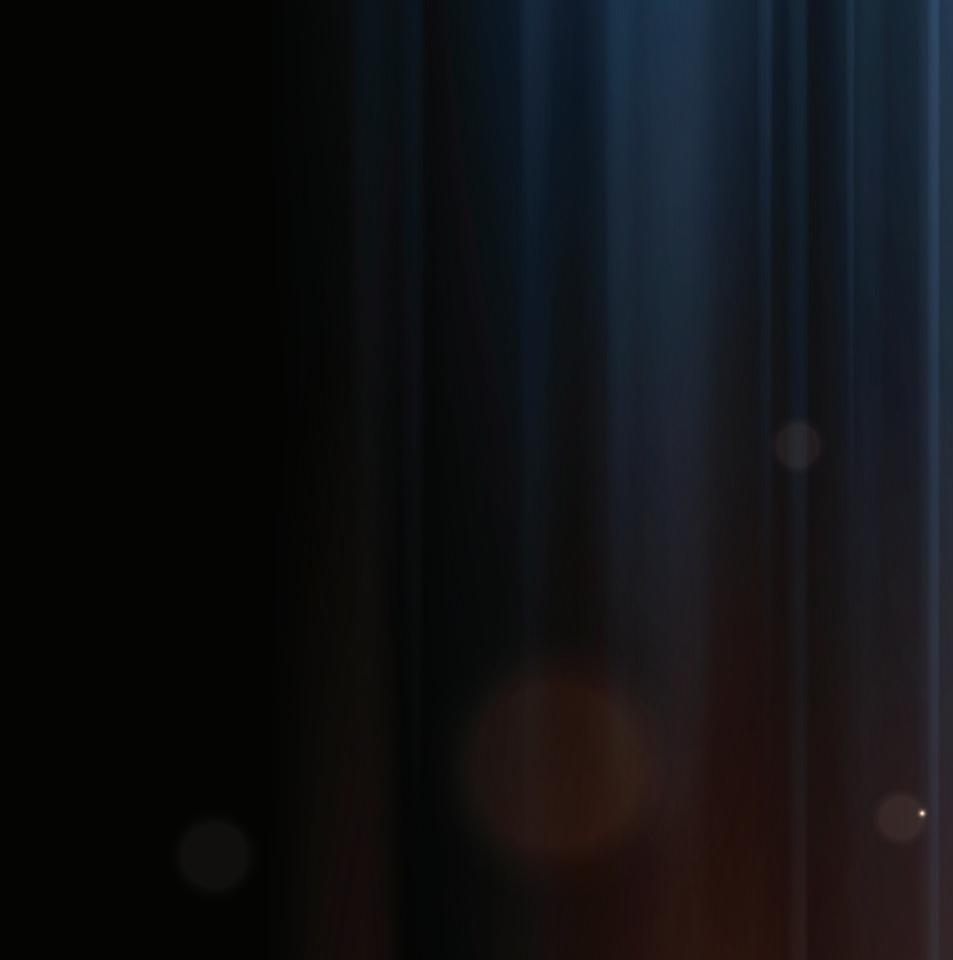 Hugh Hodgson School of Music 2024-25 Performance Season
Hugh Hodgson School of Music 2024-25 Performance Season

Plus:
CULTURAL EXCHANGE TO KENYA
SOUTHEASTERN HORN WORKSHOP
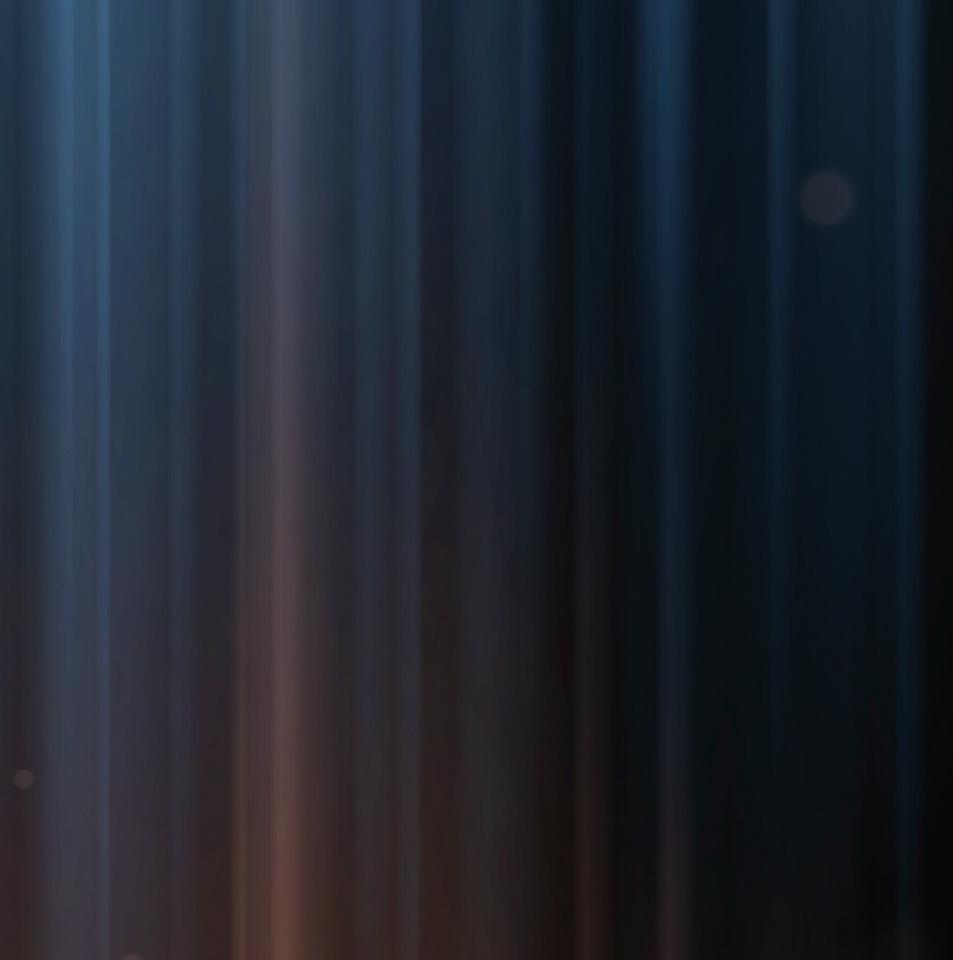



NEW DEVELOPMENTS IN VOICE AND OPERA
EXPANDED OPTIONS FOR GIVING
STUDENT, ALUMNI, AND FACULTY HIGHLIGHTS
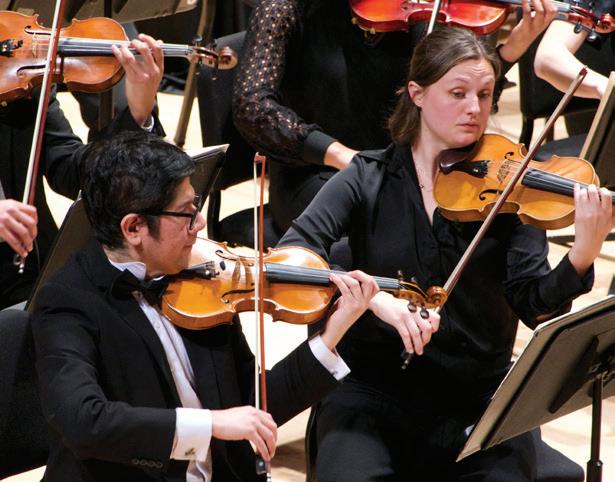
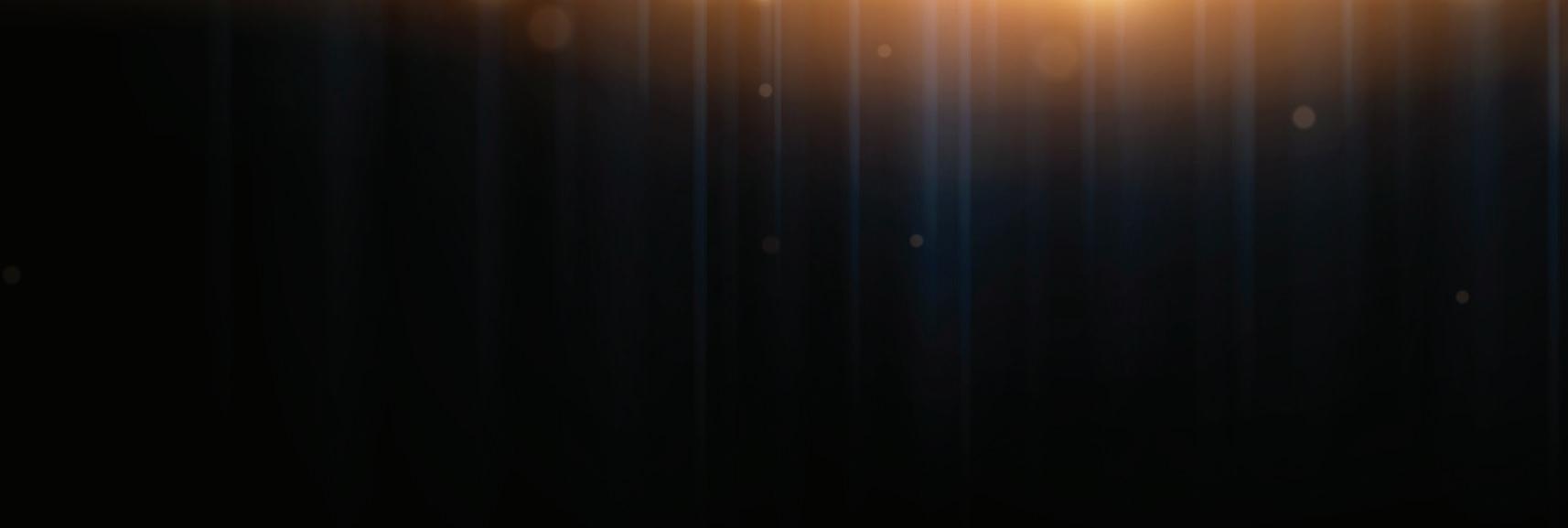
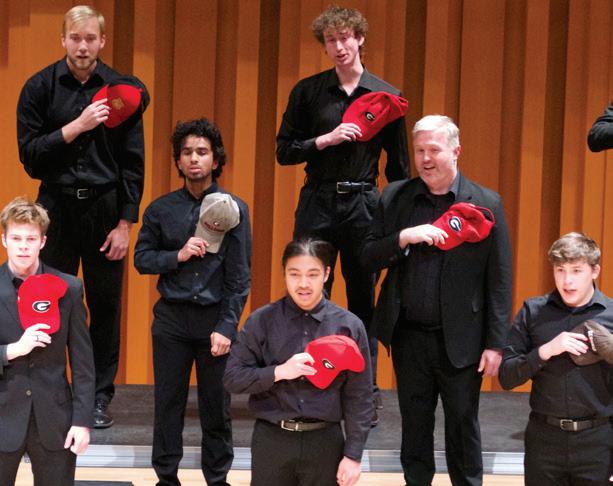

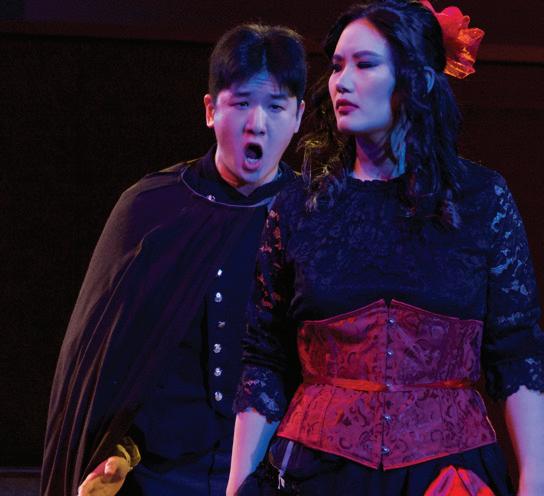
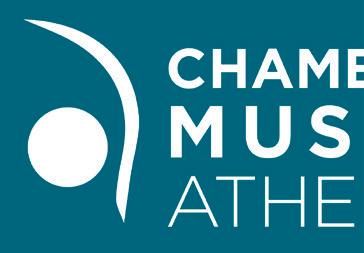

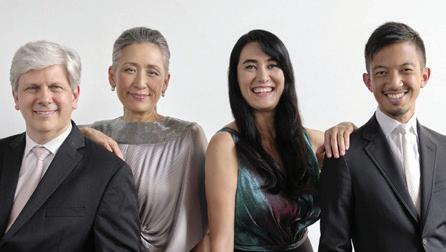
SUN 5/12
3 p.m.
Ramsey Hall, UGA, 230 River Road
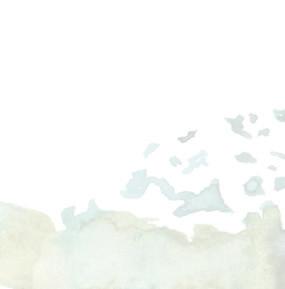
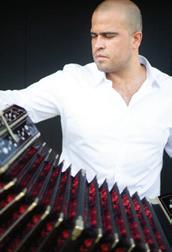
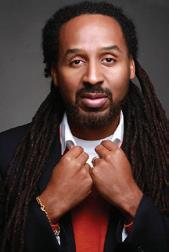
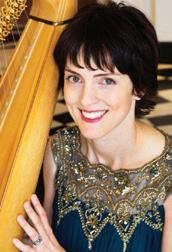
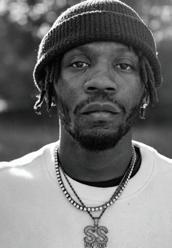
History of Tango
A celebration of the history of tango, including colorful chamber works by Luigi Boccherini and Manuel De Falla plus original compositions by JP Jofre.
Guest Artists: JP Jofre, bandoneon, Itamar Zorman, violin Plus Chamber Music Athens Orchestra

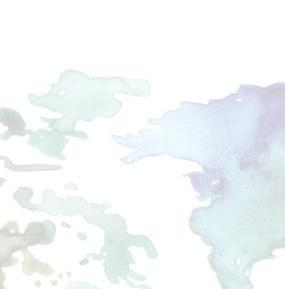
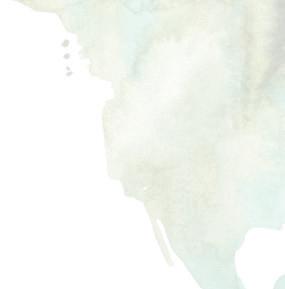
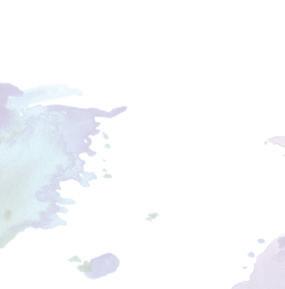
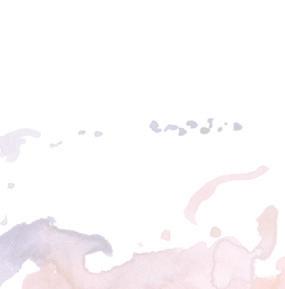
FRI 5/17
7:30 p.m.
Day Chapel at the State Botanical Garden of Georgia 2450 S. Milledge Ave.
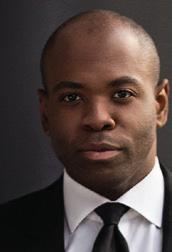

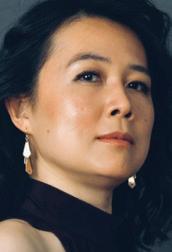
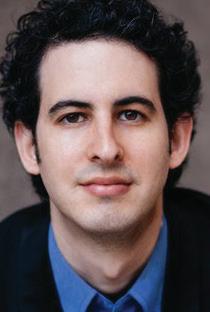
An Evening in Paris
TUES 5/14 From Opera To Hip-Hop: A Celebration Of American Voices
7:30 p.m.
Morton Theatre 195 Washington St. Donations accepted at venue.

A celebration of African-American musical excellence across styles and genres at the historic Morton Theatre in downtown Athens. This concert is free.
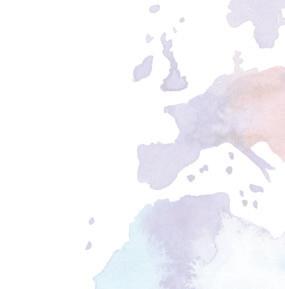
Guest artists: Joshua Stewart, tenor; Squallé, hip-hop artist Lemuel LaRoche, poet, Montu Miller as MC
7:30 p.m.
Georgia Museum of Art 90 Carlton St.


The centerpiece of the first half of the program is Debussy’s sensuous and rarely heard Sonata for Flute, Viola, and Harp. Also included Bizet, Saint-Saëns and Poulenc. Seating is limited.
THURS 5/16 “Dispersions In Watercolor”New Multi-Disciplinary Music At The Georgia Museum Of Art

Guest artist: Amy Yang, piano

At the heart of modern chamber music is the creation of new music. Includes three

SUN 5/19
7:30 p.m.
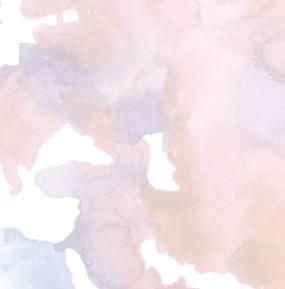
Guest artists: Amy Yang, piano, Itamar Zorman, violin
Melissa Reardon, viola, Elisabeth Remy Johnson, harp

First Baptist Church 255 Pulaski St.

The Art of the String Quartet
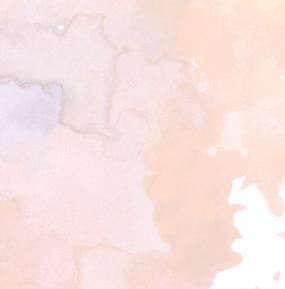
Includes transcendent, monumental masterpiece, Schubert Quintet, with David Starkweather, String Quartet in D minor by Sibelius and a short work by JamaicanBritish composer Eleanor Alberga.
Guest artists: Borromeo String Quartet
TUES 5/21
7:30 p.m.
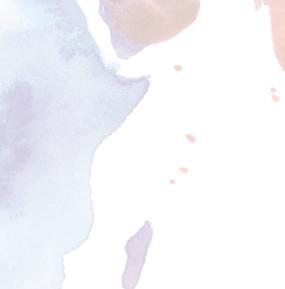

Ramsey Hall, UGA PAC 230 River Road



Chamber Music Athens Gala Finale

Guests lead an ensemble of UGA faculty and students in Bach’s exuberant Brandenburg Concerto No. 3., plus Tchaikovsky’s virtuosic string sextet Souvenir de Florence.
Guest artists: Borromeo String Quartet


Internationally acclaimed guest musicians join UGA Faculty and students for a series of six concerts in venues throughout Athens. Visit chambermusicathens.org for details and tickets!
CHAMBER MUSIC ATHENS CO-SPONSORS INCLUDE:
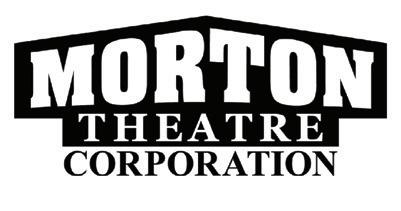

First Baptist Church Athens
First Presbyterian Church of Athens
State Botanical Garden of Georgia
Generous contributions by individual supporters